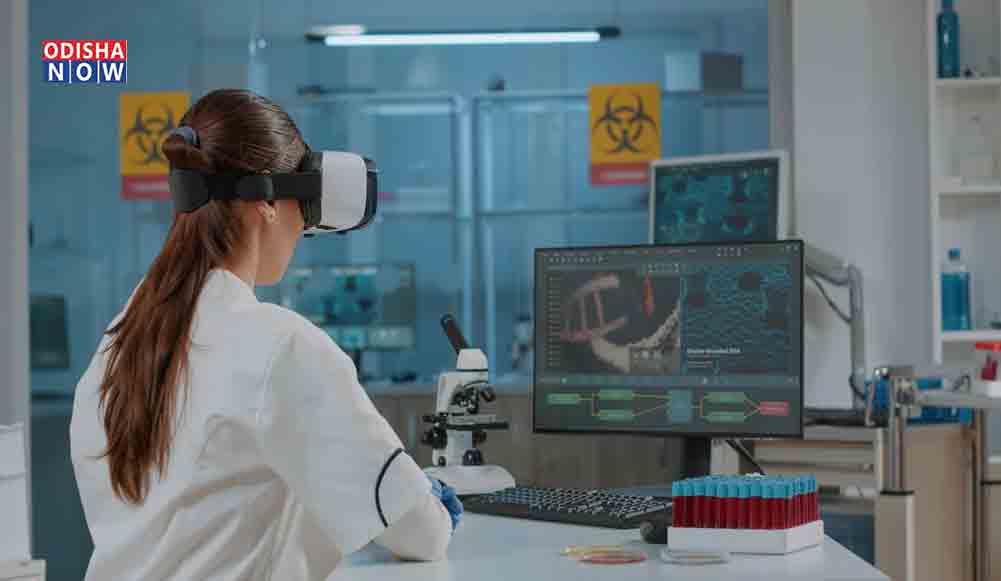Medical simulation is a technology that provides healthcare professionals with a controlled and safe environment in which they can practice and train their skills. It has many features, such as the ability to generate realistic patient scenarios, provide clinicians with feedback on performance, and assist them in developing new therapeutic techniques.
Benefits of Medical Simulations
A significant benefit of medical simulation is its ability to help clinicians learn how to treat patients safely and effectively, which is one of the game’s most essential features. When clinicians are trained in a simulated environment, they can improve the quality of the care they provide to their patients by learning the best way to respond when faced with complex or unusual patient cases. Furthermore, medical simulations can also be a valuable tool for teaching basic concepts such as anatomy and physiology to children and adults.
Furthermore, medical simulation can also be used as a way for clinicians to learn how to effectively and safely treat patients. A simulated environment can be an excellent way for clinicians to enhance their skills by learning how to react correctly when facing complex or unusual patient cases in a realistic environment. Moreover, medical simulation can also be used as an effective teaching tool to teach basic concepts, such as anatomy and physiology, in a way that students can easily understand.
There are many benefits associated with medical simulations, both for patients and doctors. As a result, patients can learn about procedures in a safe and controlled environment, and doctors can test new treatments without having to worry about the safety of their patients. Additionally, medical simulation can also be used to train new staff members and keep up to date with the latest techniques by doctors.
Problems of Using Medical Simulations
It is also important to point out that medical simulation can have several potential dangers. If a patient is placed in a situation where they may be injured or killed, the simulation could lead to these injuries or deaths as it could cause these injuries or fatalities. In addition, medical simulation can cause psychological harm to patients since they may feel as if they are experiencing the procedure for the first time rather than being in a simulated environment where they have never seen it before.
Several types of medical simulations can be used. Computer-based training is the most common type of training that is available. In this type of simulation, the patient is placed in a virtual environment, and they are trained on how to perform a particular medical procedure in that virtual environment. This type of simulation can be used both for training and education purposes.
The clinical trial simulator is another type of medical simulation that can be used to simulate clinical trials. Clinical trial simulators help doctors better understand new treatments or medications before they are tested on humans in actual clinical practice. During a clinical trial, they can also be used to train nurses and other health care professionals to care for patients during the trial properly.
Lastly, there is a type of medical simulation known as the surgical simulator. The purpose of surgical simulators is to allow surgeons to practice procedures in a controlled environment before actually performing them in a real-life surgery environment.
Several benefits can be derived from the use of medical simulation, including:
1) Medical professionals can train better by simulating real-life scenarios rather than practicing on actual patients, allowing them to train more effectively in real-life scenarios. This allows them to learn how to handle complex cases in a safe and controlled environment, which can help them become better clinicians.
2) Doctors can also improve their critical thinking skills through medical simulations. To become an expert in their field, they must develop problem-solving abilities that will be essential to succeed when dealing with complex cases.
3) The third benefit of medical simulations is that doctors can also improve their communication skills. They will be able to learn how to relay information effectively and coordinate care by working on cases with other doctors.
4) Furthermore, it has also been shown that physicians can use medical simulations to learn how to deal with complex patients. Only through practicing under challenging cases will they be able to develop the skills needed to deal with complex patients in the real world.


One comment